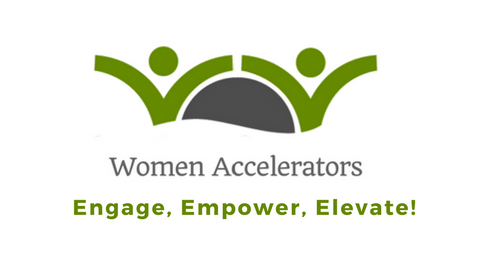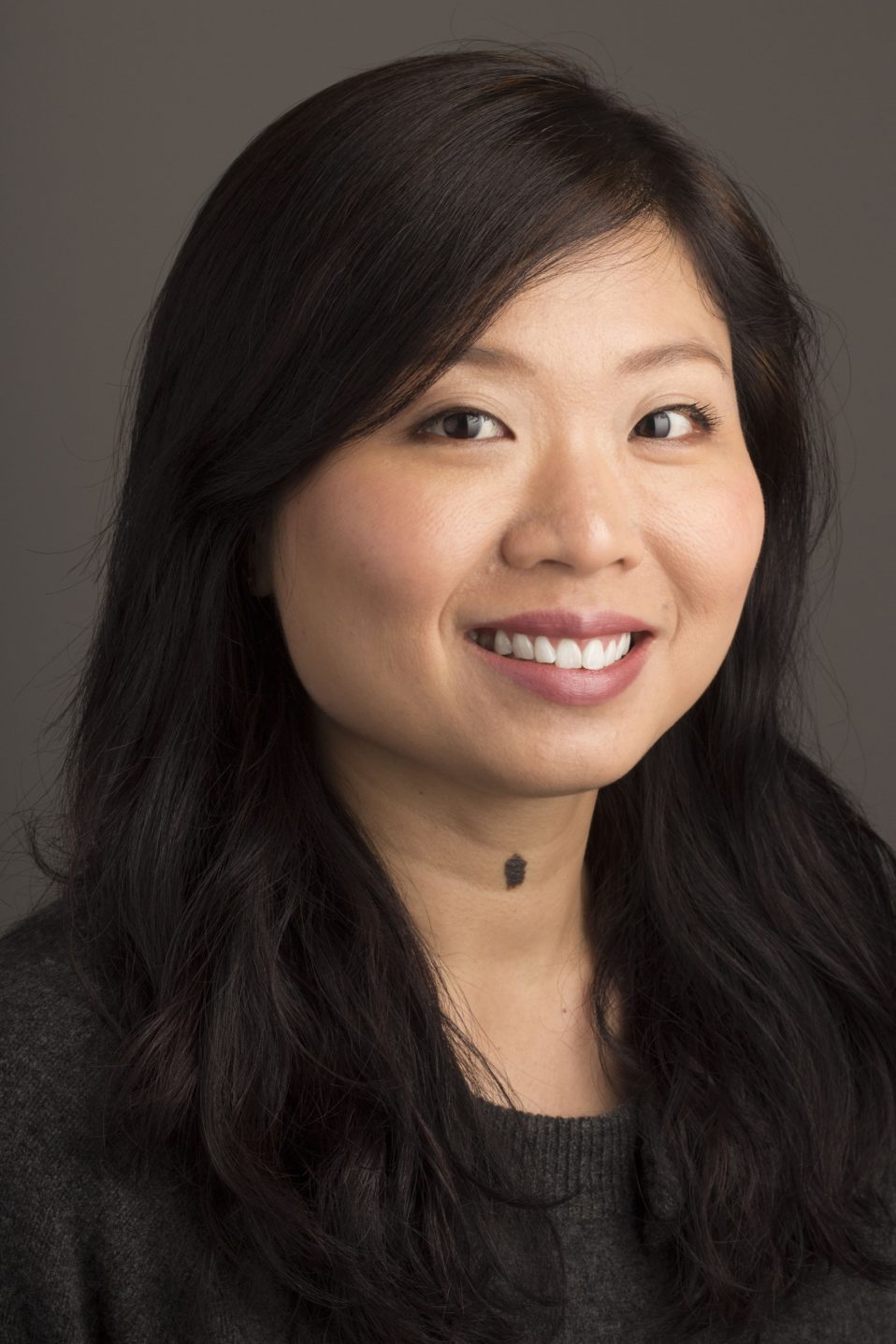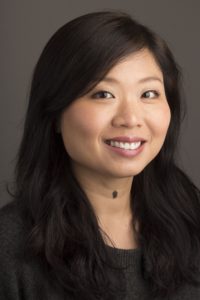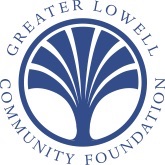Writen By Jan Heng, Ph.D., Assistant Professor of Pathology, Beth Israel Deaconess Medical Center and Harvard Medical School
Jan participated in our 2018 Mentoring Program as a mentee to Regina Au.
I was delighted to receive a circulated email in December 2017 via my Broad Institute account about the mentoring program offered by Women Accelerators. I was very impressed by the list of female mentors for 2018 with various leadership backgrounds in the pharmaceutical, biotechnology, and retail industries; team management; and academia. Due to the nature of my research, I wanted to meet a more formal mentor who could give me insights into entrepreneurship and the US biotechnology industry. I was matched with Ms. Regina Au, Principal, New Product Planning/Strategic Commercial Consultant at BioMarketing Insight.
Three mentees, including myself, had monthly meet-ups with Regina. There were a total of six meetings, and each mentee was given two sessions to discuss specific topics pertaining to their careers. At my first session, I wanted to seek feedback on the commercial utility of one of my research projects. Were there guidelines for me to critically assess my product and refine my ideas for the product (i.e., increase applicability of my product)? How can I learn about marketing my product? I also wanted to understand the requirements to start a biotechnology company, the recipes for success, and common pitfalls of young entrepreneurs.
Regina gave me a broad overview to critically evaluate my current research (and potential product) from an industry point of view. Specifically, I was given five pointers to ponder:
1) What is the current unmet medical need I am trying to provide a solution for;
2) How critical is this unmet need;
3) How is my product going to solve the problem better than current technologies;
4) What are my plans to penetrate the market;
5) What are my milestones and timelines to bring this product to market
To obtain an unbiased point of view, my assigned goal was to speak to at least five pathologists (i.e., potential customers) using open-ended questions to assess how critical the medical problem is, and whether my product addresses it.
We also discussed how important it is to gain work experience in various departments (e.g., research and development, manufacturing, business development, sales, marketing, and human resources) within well-established biotechnology or pharmaceutical companies. Having knowledge of the various departments will provide valuable skills to plan, set-up, and manage a start-up that is more likely to be successful. The most important component of creating a start-up is taking the time to critically plan the company structure, product, milestones, and timelines.
For my second session, I wanted to learn about staff management and roles in industry that I would be suitable for should I decide to transition from academia to industry. I also asked Regina to share her career experiences from being an employee to establishing her own consulting firm. Regina very kindly provided some staff management advice, especially the importance of setting boundaries. Surprisingly, she also gave tips on how to manage my team while on maternity leave. As this was my first pregnancy, it did not even cross my mind to have a plan while on maternity leave! This was extremely helpful a few months later when my research administration team inquired about how I was going to manage my staff while on maternity leave.
I gained valuable insights about working life in the US biotechnology and pharmaceutical industry. My two other fellow mentees are also industry scientists. Together with Regina, they shared their love for their jobs and suggested the types of jobs that I might be suitable for. I was very thankful to Regina for sharing her career history on how she made her decision to start her own consulting firm, and find personal strength to continue her consulting business. She stressed the importance of a supportive network of family and friends.
Our mentoring program ended after six months. I attended the wrap-up meeting where I chatted with one of the co-founders of Women Accelerators, Ms. Susu Wong and other mentors. I was humbled and felt enormous gratitude to this team of women who selflessly give back to the community and enthusiastically support young women with their careers. Mentoring is a time-consuming and thankless job. I once asked Regina why she is so passionate about mentoring women. She told me that women are still underrepresented in a lot of leadership positions, especially minority women, and she wished she had a mentor when she was starting her career.
A mentor–mentee relationship is a two-way street. A mentee must decide what he/she would like to achieve during each session to enable the mentor to provide targeted advice and make the session efficient and successful. I had two goals when I joined Women Accelerators mentoring program and I achieved them with Regina. All in all, this program was exactly what I needed at a particular point of my career. I am thankful to Women Accelerators’ volunteers for organizing this amazing program to connect professional women from various industries. These female leaders have inspired me to help other women accelerate their careers. I enjoyed contributing to our mentoring sessions so much that I realized I might be ready to be a mentor. I was considering participating as a mentor next year when Regina gently reminded me, “Jan, you are having a baby.”



